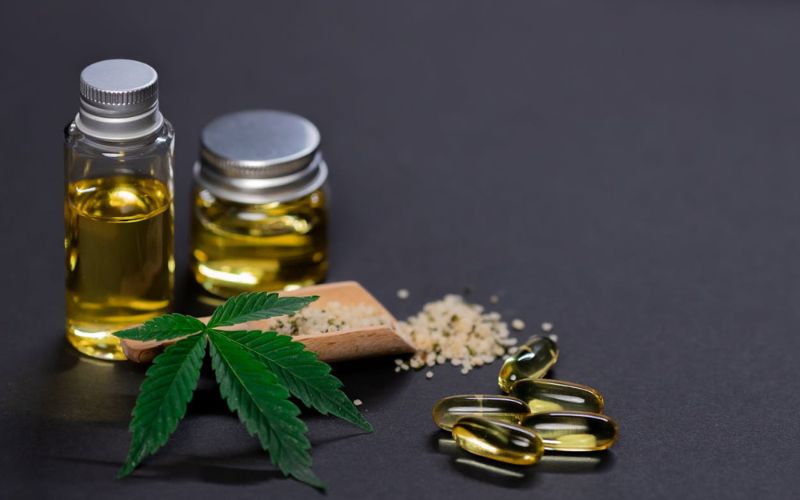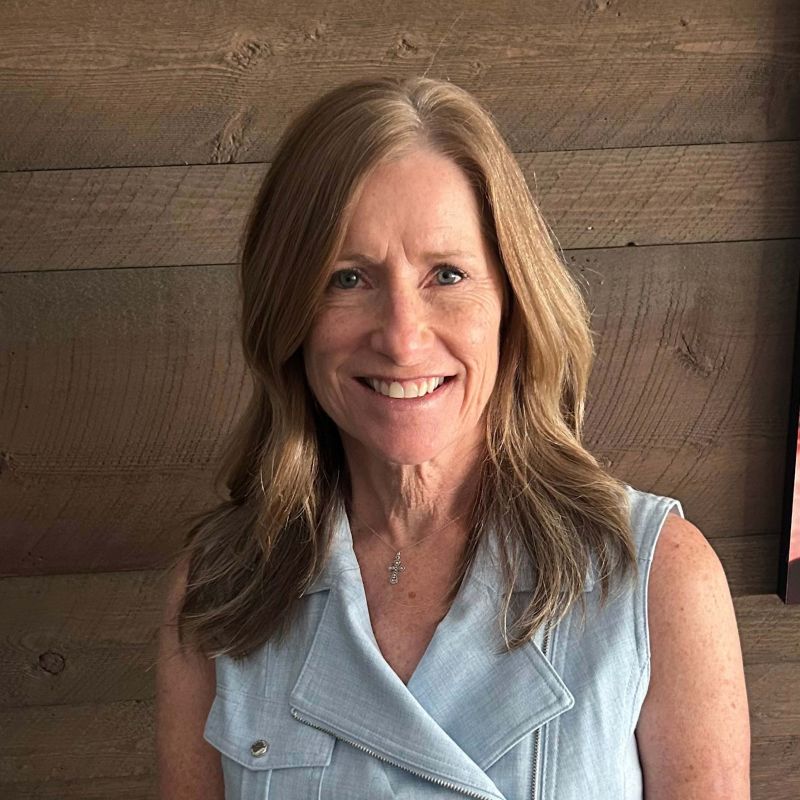As the global population ages, the pursuit of holistic well-being among older individuals has become more prevalent than ever.
A noteworthy trend within this paradigm shift is the increasing adoption of alternative medicine, with a particular focus on CBD and cannabis-derived products.
This trend emerged as a possibly promising solution for various age-related health issues such as: chronic pain, arthritis, inflammation, and sleep disorders. Additionally, CBD is gaining popularity for its potential role in promoting mental well-being and reducing the symptoms of anxiety and depression, common issues among older adults.
Various studies indicate that CBD possesses non-intoxicating, anti-inflammatory, analgesic, and anxiolytic properties, making it an appealing option for older individuals seeking relief without the drawbacks of conventional medications that often come with unwanted side effects and risks.
According to a survey conducted by Forbes Health, 49% of participants aged 58–76 years old use CBD. These numbers speak to a fervent search for alternative medicines among the older demographic.
CBD Consumption Methods and Bioavailability
A diverse range of products, including tinctures, softgels, gummies, and topical solutions, are tailored to suit the preferences and requirements of older individuals.
These products make incorporating CBD into daily routines seamless. Bioavailability is a critical aspect of CBD consumption and is defined as the degree and rate at which a substance is absorbed into the bloodstream.
Aging bodies may experience changes in metabolism and digestive efficiency, affecting the absorption of cannabinoids. Innovations in product formulations are driving the adoption of CBD products among older consumers.
Sourcing the Best CBD Products
Identifying the source and quality of CBD products is essential for ensuring safety and effectiveness. High-quality CBD is derived from organically grown hemp, free from pesticides and harmful chemicals.
It is important to look for products with clear, transparent labeling that includes access to third-party lab testing results. These lab tests (Certificates of Analysis) verify the CBD content and screen for contaminants like heavy metals, molds, and pesticides.
Understanding these distinctions helps consumers avoid ineffective or potentially harmful products, ensuring they reap the maximum benefits of CBD with minimal risks.
Simplifying CBD with Education
There are many misconceptions and a lack of knowledge about the benefits and uses of CBD. These misconceptions can hinder its acceptance amongst older individuals.
The priority for brands should center around educating older demographics on CBD and all of its many benefits. Some companies are doing their part to close the public information gap.
“Our education program…highlights CBD’s safety profile, its distinction from THC-containing products, and offers current research and studies around its efficacy for common ailments,” said Collin Dullaghan, director of marketing and education for brand 55plus, a retailer aimed at presenting gimmick-free products and plant education.
Empowered with knowledge about CBD and alternative treatments that enhance quality of life without the many drawbacks of conventional medications, older adults can make more informed decisions regarding their wellness journey. As the landscape of healthcare continues to evolve, the synergy between alternative medicine and the needs of older individuals represents a promising avenue for promoting overall well-being in our aging society.







